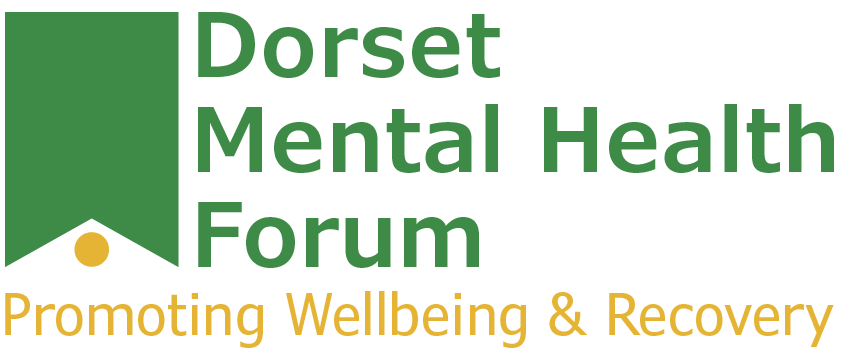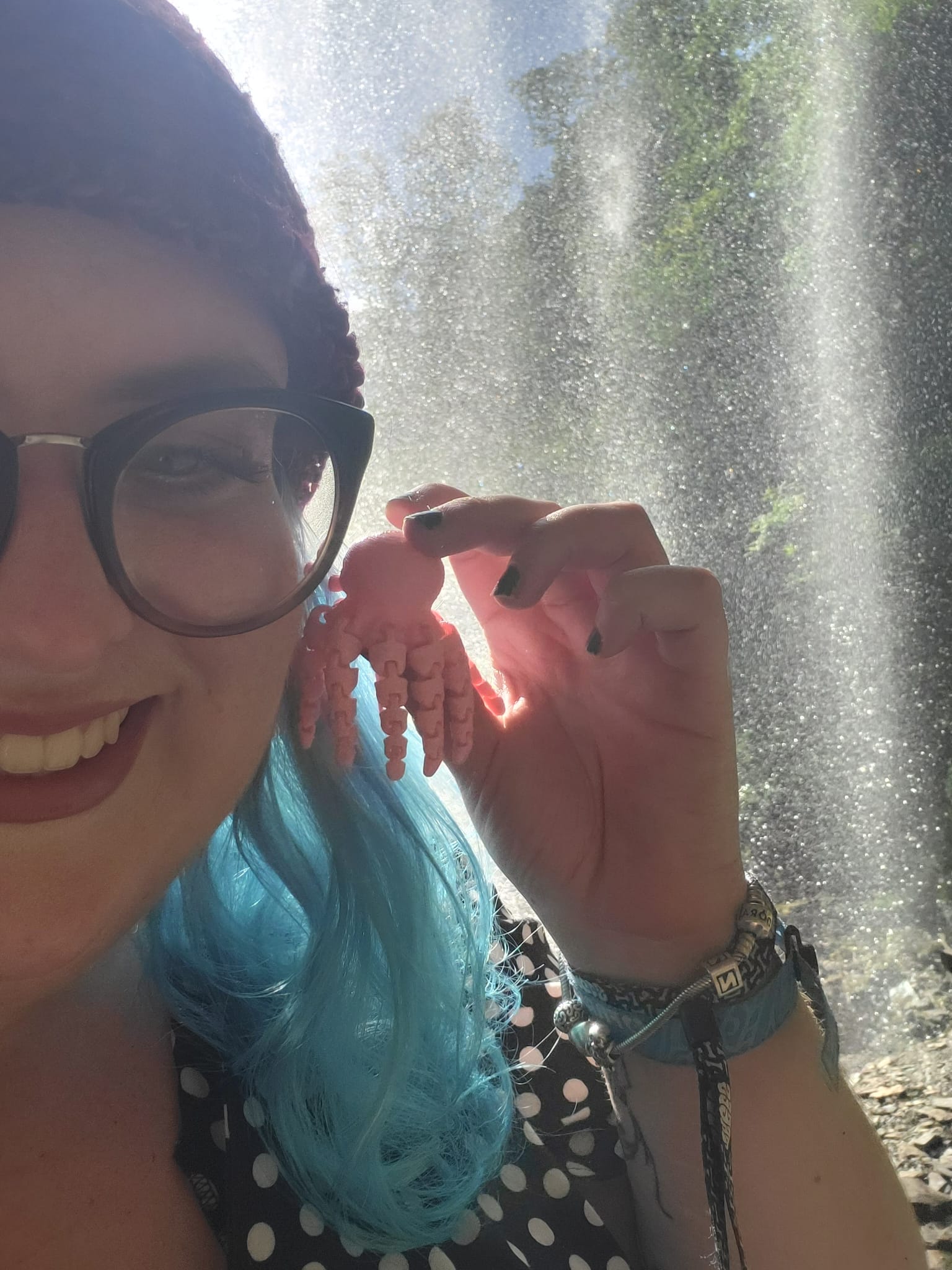As we enter World Autism Acceptance Week, our Peer Lead for Young People, Nikita, reflects on their personal relationship with colour and what it means to them as a neurodivergent person.
About me part 1:
I’m Nikita, the Peer lead for Young People, and one of the first things you will notice about me, if we were to meet, is that I have brilliantly blue hair (occasionally with other colours mixed in). I have had blue for about eight years, and I adore it.
The world mostly meets my colourful cranium with the same admiration I have for it, and many times has someone stopped me mid step in a supermarket to say how they like it. I have had people say how they wished they were brave enough to embrace being more colourful in their own lives.
From my hair, to my clothes to any other eccentric bit of me, I have always broken the colourful mould and the expectations of those around me.
About me part 2:
I’m Nikita, the Peer Lead for Young People, and one of the things you might not notice about me is that I am autistic. I have been autistic all my life but was only formally diagnosed at sixteen when I was really unwell with my mental health. Until sixteen I had been masking my difficulties and being socialised as a female presenting person the diagnostic criteria didn’t reflect how I present on the spectrum until I stopped being able to manage at all.
The world mostly meets me with stigma and shame around what it means to be autistic and how I ought to present with it. I don’t always fit in the very narrow definition of what some people believe autistic people look like. I’ve had people stop me mid stim (Stimming – Self Stimulating Behaviour) to tell me to stop tapping, rocking or flapping. I have seldom had people say they wished they were brave enough to embrace more autistic understanding, acceptance and accessibility in their lives.
I have always had to mask to meet the expectations of those around me.
I have tied a connection between the two of these because of the disparity of how I am treated by others.
Autism acceptance isn’t ever something I really connect to as an individual because I think it makes it sound like people have a choice in acknowledging part of my identity. If people accept me or not, I will still be autistic. Autism acceptance as a movement is important because it creates a world in which autistic people can go about their lives, with understanding and support, a world where they can feel empowered and be equal.
Autism awareness includes input from clinicians, input from parents and careers but at its core the voices and experiences of autistic people needs to have a space to be heard, because we are the people living each and every day with the challenges that come with being autistic.
I am Nikita, The Peer lead for Young People, I am autistic, I have blue hair, sometimes I see the world in black and white due to my neurodivergent brain, most of the time my world is filled with the colourful chaos I bring by doing what makes me happy. It’s a spectrum, after all.
Be Bright. Be Bold. Be Blue. Be You!


